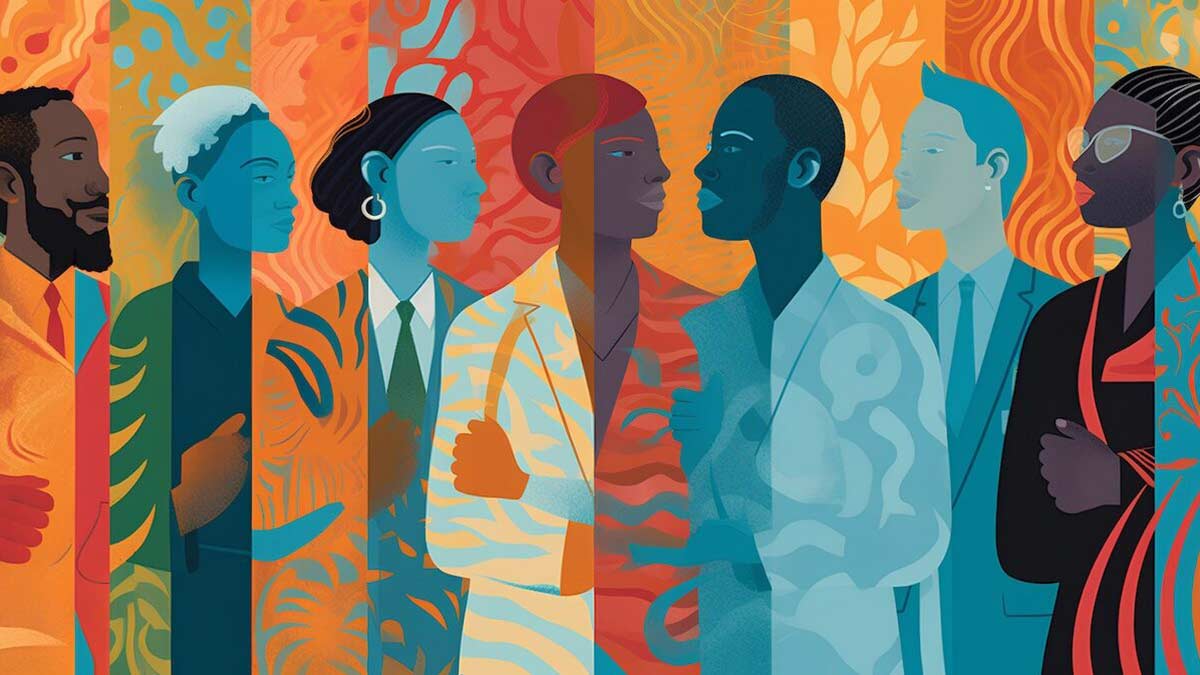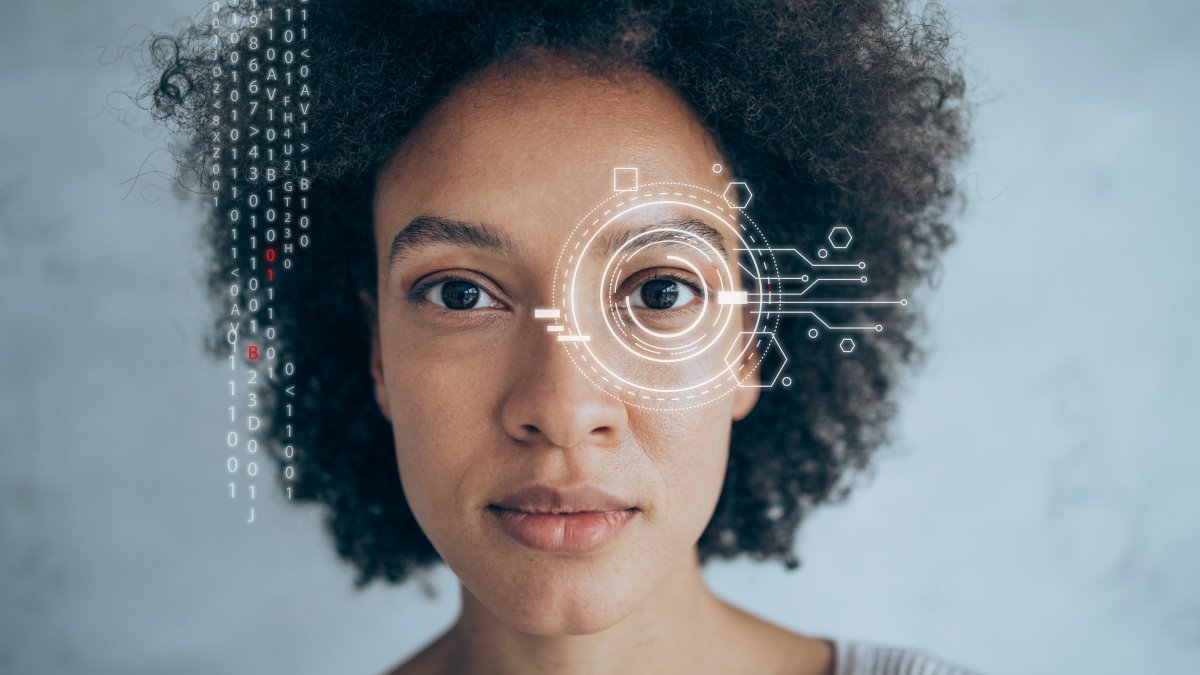In 2020, amid the upheavals surrounding the murder of George Floyd, Cisco announced its Social Justice Beliefs and Actions.
It was a five-year commitment, backed by $300 million featuring 12 carefully conceived actions — everything from expanding fair pay and increasing representation to supporting Historically Black Colleges and Universities (HBCUs) and investing in diverse-owned companies and startups. And it would set the direction for Cisco for the next five years and beyond.
It was also an initiative with deep roots, from a company that’s core purpose is powering an inclusive future for all — but which always strives to do better: for its own people, its customers, and marginalized communities around the world.
To learn more about Cisco’s Social Justice initiatives — how it started, its impact so far, and how it can continue to evolve — we turned to Scott McGregor, director of Cisco’s Social Justice Action Office and a prime mover of the company’s Social Justice Initiative.
Thank you, Scott! How would you describe the roots of Cisco’s social justice story. They run pretty deep, don’t they?
At Cisco, our mission statement, our core purpose, is to power an inclusive future for all.
We've always been interested as a company in connecting the unconnected wherever they are, anywhere around the world. And making anything possible for all people. It’s always been Cisco’s thing.
How did that accelerate in 2020?
2020 was full of significant events, from the beginning of the COVID-19 pandemic to the tragic deaths of Ahmaud Arbery, Breonna Taylor and George Floyd that led to historic demonstrations from coast to coast. At the same time, Cisco was able to form a thoughtful response to what we were experiencing due to conversations that were already underway at all levels of our organization.
So, a lot of people were behind these efforts, but the top-down momentum was important.
We were already talking about what we should be doing to improve upon the lived experience of Black and African American employees at Cisco. This is a very important distinction that we should continue to highlight.
It’s an important point, especially today, given the reaction in some quarters against diversity, equity, and inclusion initiatives.
Our purpose at Cisco is to build an inclusive future for all. As we lean into social justice and social equity programs, it's not about doing it to the exclusion of other groups, it's about doing it for everyone. But there are some groups that need more attention than others because historically they have been disenfranchised. You know, there’s still a gender issue in this country in terms of pay. And challenges for Hispanics, Native Americans, and many others. Many groups are still fighting for a seat at the table. We believe there is room at the table for everyone, and if there isn’t, you build a bigger table.
How important is it to be able to show results?
I came out of sales, so I have a clear understanding of outcomes. And I make sure that when we say we are going to do something, we get really clear on what we are going to do. And then we measure it. If it’s the right thing, we keep going until we get it even better. If it’s the wrong thing, we stop.
We're about four years now into our five-year social justice journey at Cisco. Maybe you could talk about the impact it’s having.
I can share a really quick illustration of just one of those actions, which is around government policy, advocacy, and community impact. One of the areas that Cisco is extremely interested in is workforce development, training the next-generation workforce in cyber, networking, software development, and so on. Our Cisco Networking Academy has been doing this around the world for 25 years now; to date we’ve impacted more than 20 million people.
We also want to make sure that we support legislation at the state and federal level that supports workforce development. And we have a grant program that supports diverse startups and nonprofits, including those that bring skills to marginalized communities.
Another key aspect of Cisco’s Social Justice Initiative was a $150 million commitment to Historically Black Colleges and Universities (HBCUs). How has that helped?
One challenge with a lot of HBCUs is that they are understaffed in terms of their IT organizations, and they have an aging IT infrastructure. They’re trying to make network and security updates and at the same time focus on students. So, that’s one area where we are taking the load off them. We are helping them get their IT infrastructure up to speed and getting them certified without having to pay a premium for it.
In many cases, that's millions of dollars that won't go into redeploying infrastructure and can go into other things the school needs. And as a result of the IT upgrades we’ve made so far, we’ve helped to preserve more than $1.5 billion in critical Title IX funding across the entire HBCU ecosystem.
As you head into the last year of this five-year commitment, do you feel you’ve accomplished what you set out to do and what comes next?
I think we made good progress in the areas we focused on and we’ve definitely learned a lot along the way. One of the takeaways is being willing to pivot when you discover a new opportunity or if something isn’t working the way you anticipated. In terms of what’s next, Cisco is about connecting the unconnected.
I see an opportunity to really enhance what we are doing in the areas of workforce development, digital equity and the use of responsible AI.
Looking forward, what advice would you give to organizations just embarking on the journey?
If I had to give advice to anyone that’s decided to be courageous and step into this space, I’d say it’s certainly not a sprint. You’ll take several steps forward. But for every step forward, there will be headwinds and push back.
But I still believe the future is about more people committed to giving others a chance to gain new opportunities. I don’t want to paint too rosy a picture. We need to continue to change, evolve, and respond. And, for us to tell good stories about what we've done here at Cisco. For other people who’ve been thinking about jumping into this, but worried if it would work, my answer is, if you care about people — especially those who are challenged or marginalized — then stay true to the course. The benefits will come back to you — and them — in all kinds of ways.





